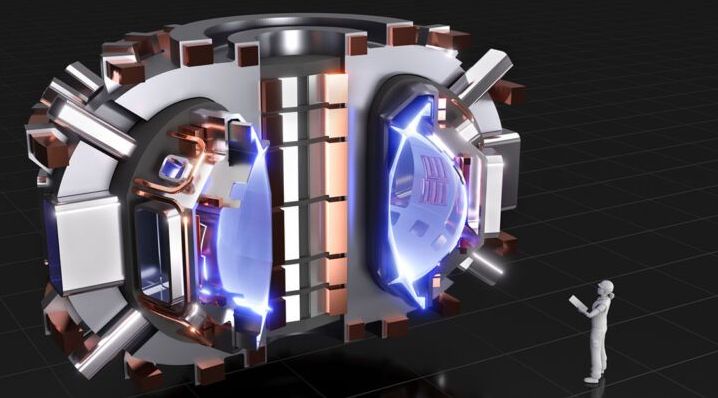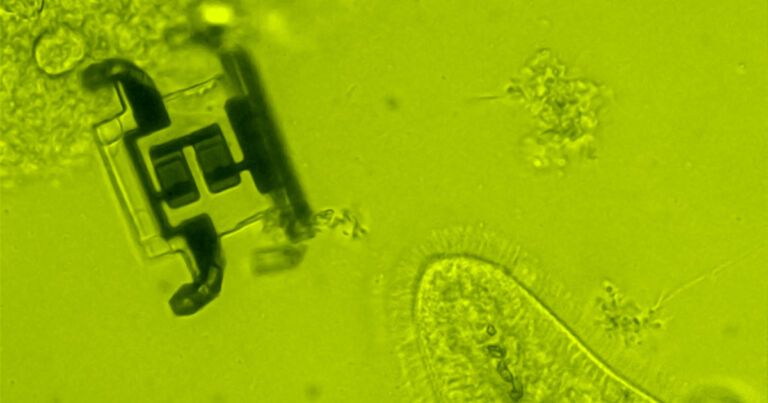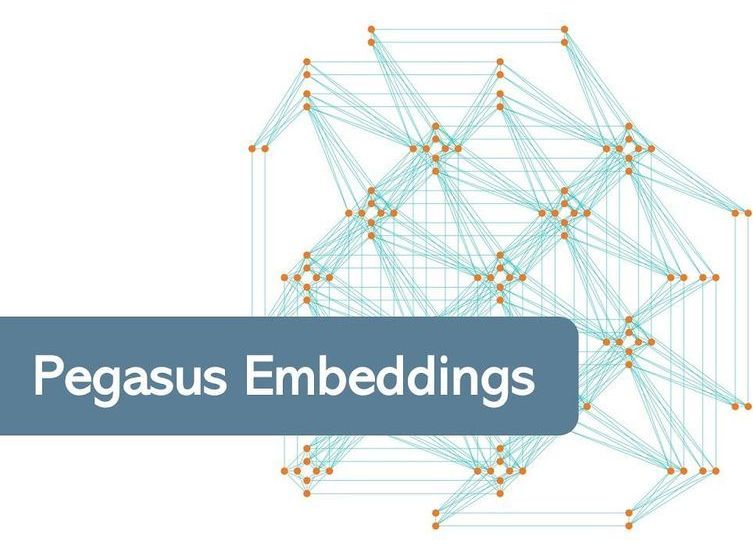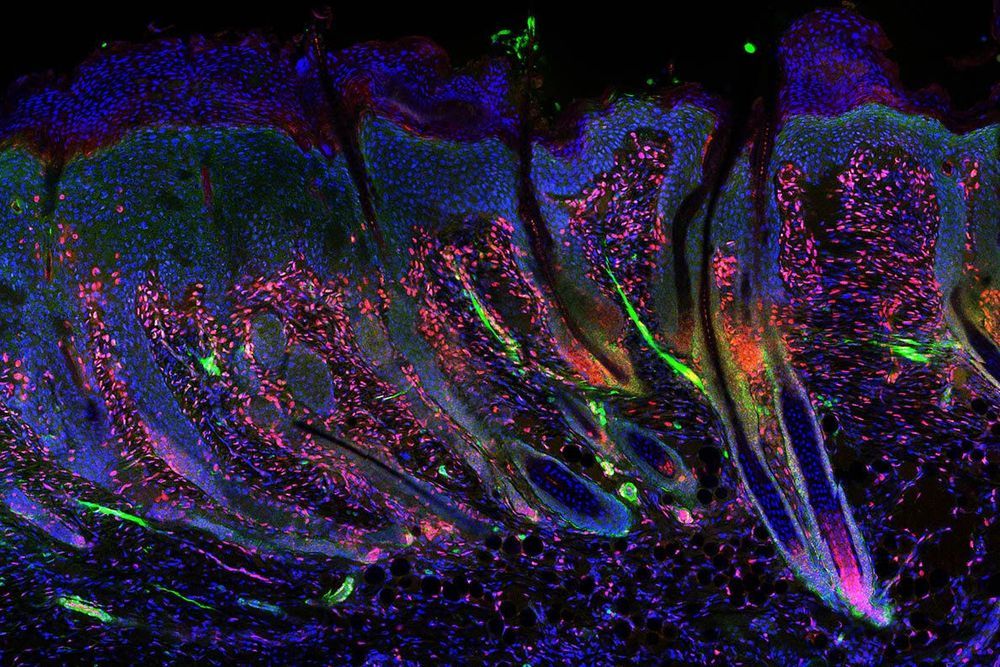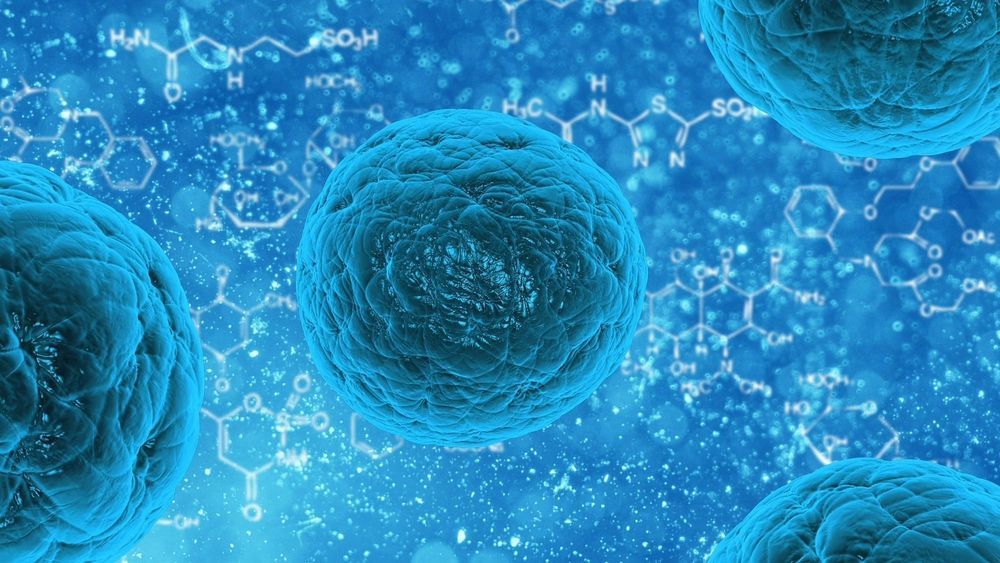
Stopping the cannibalistic behavior of a well-studied enzyme could be the key to new drugs to fight age-related diseases, according to a new study published online in Nature Cell Biology. For the first time, researchers in the Perelman School of Medicine at the University of Pennsylvania show how the self-eating cellular process known as autophagy is causing the SIRT1 enzyme, long known to play a role in longevity, to degrade over time in cells and tissue in mice. Identifying an enzymatic target is an important step that may lead to new or modified existing therapeutics.
“Blocking this pathway could be another potential approach to restore the level of SIRT1 in patients to help treat or prevent age-related organ and immune system decline,” said first author Lu Wang, Ph.D., a postdoctoral researcher in the lab of Shelly Berger, Ph.D., a professor of Cell and Developmental Biology in the Perelman School of Medicine and a professor of Biology in the School of Arts and Sciences at Penn. Berger also serves as senior author on the paper.
“The findings may be of most interest to the immune aging field, as autophagy’s role in SIRT1 in immune cells is a concept that hasn’t been shown before,” Wang added. “Exploiting this mechanism presents us with a new possibility of restoring immune function.”


